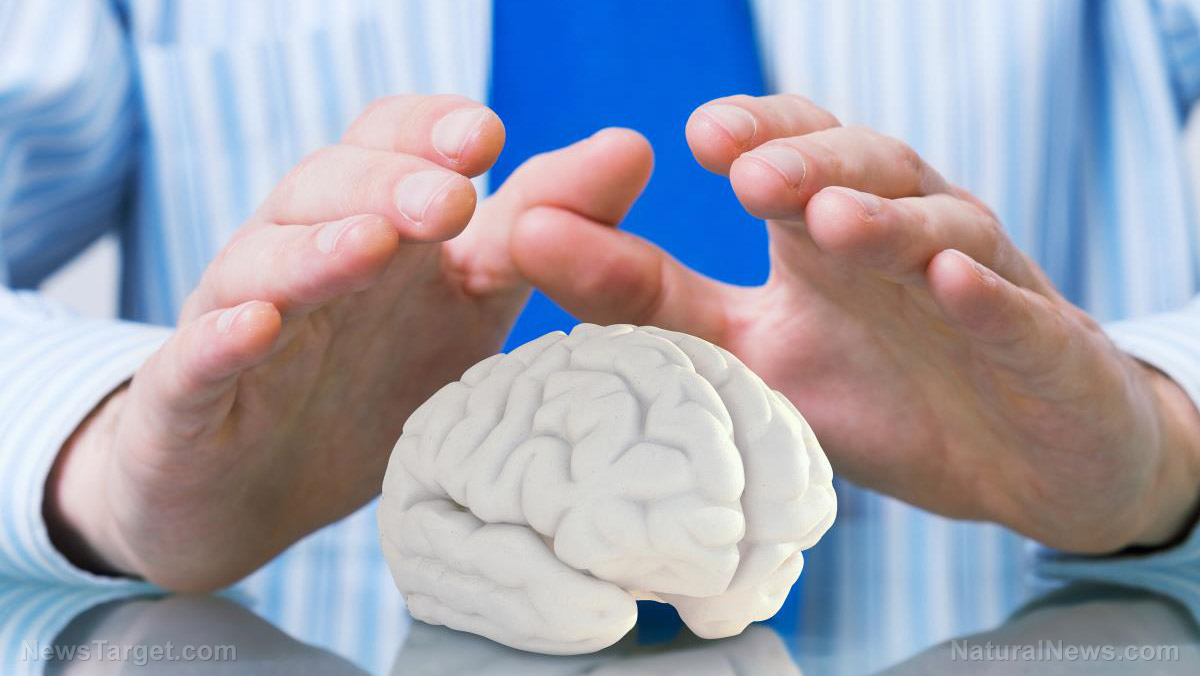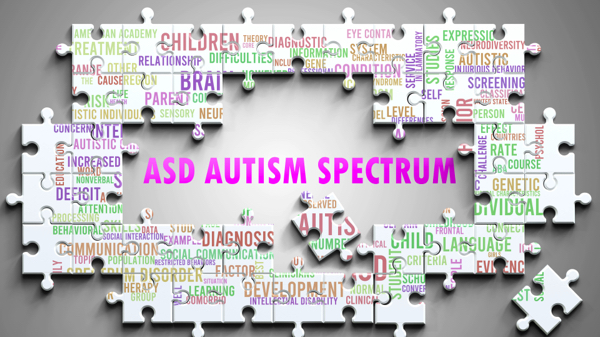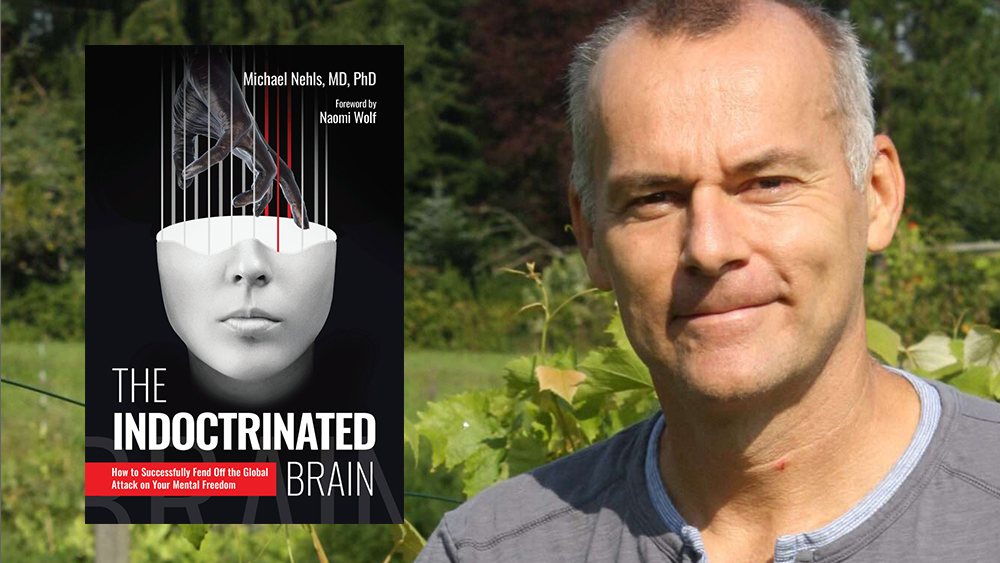PEDALING AGAINST DEMENTIA: How cycling preserves brain health and prevents cognitive decline
06/18/2025 / By S.D. Wells

Medical doctors in America would have us all believe that as we age, we fall apart and there’s nothing we can do about it. They tell us it’s normal to die by 75 of a heart attack, diabetes, obesity, cancer or … wait for it… dementia. Our brains just “get old” and it’s “genetics” so all we can do is treat the symptoms and try to extend your life a few years with medications. Lie. Try exercising and eating clean. That would include cycling, which studies show prevents cognitive decline and dementia. Who knew? Time to hop on your bike this summer and have some fun, so you can have a healthy brain forever!
- Cycling Prevents Cognitive Decline: A JAMA Network Open study tracking nearly 500,000 people over 13 years found that cyclists had significantly lower dementia rates and greater brain volume in memory-related regions compared to non-cyclists.
- Superior Brain Protection: Cyclists showed a 19% lower risk of all-cause dementia, 22% reduced Alzheimer’s risk, and a 40% drop in young-onset dementia risk—outperforming walking, driving, or public transit.
- Dynamic Brain Stimulation: Cycling’s combination of navigation, balance, and decision-making creates a “cognitively enriched environment,” increasing gray matter in 10 brain regions and promoting neurogenesis.
- Genetics & E-Bike Caveats: Those without the APOE ?4 gene saw a 26% lower dementia risk, while e-bikes may weaken benefits by reducing physical/cognitive effort. Traditional cycling’s demands are key.
Cycling preserves brain health and prevents cognitive decline – per study published in JAMA Network Open
In an era where dementia cases are projected to triple by 2050, scientists have uncovered a surprisingly simple and cost-effective way to protect the brain: cycling. A groundbreaking study published in JAMA Network Open tracked nearly half a million individuals over 13 years and found that cyclists had significantly lower rates of dementia and maintained greater brain volume in memory-related regions compared to those who walked, drove, or took public transit. The findings suggest that cycling doesn’t just boost physical health—it actively shields the brain from degeneration.
The study compared how different modes of transportation affected dementia risk, with striking results. Cyclists showed a 19% lower risk of all-cause dementia compared to car or public transit users. For Alzheimer’s disease specifically, the protection jumped to 22%, while the risk of young-onset dementia plummeted by 40%.
What set cycling apart was its impact on the hippocampus, the brain region critical for memory and learning. Cyclists retained more gray matter in this area, suggesting the activity doesn’t just slow cognitive decline—it may actively fortify brain structure. Walking, by contrast, showed minimal benefits, while driving or bus riding fell somewhere in between.
The secret lies in the cognitive demands of cycling. Unlike passive transportation, cycling requires real-time navigation, hazard assessment, balance, and decision-making—all while elevating heart rate. This combination creates a “cognitively enriched environment” that stimulates neurogenesis (the growth of new brain cells). The study linked cycling to increased gray matter in 10 different brain regions, offering broad protection against decline.
In contrast, repetitive activities like walking on a treadmill or driving the same route daily place the brain on autopilot, missing the dynamic challenges that spur growth.
The study revealed that cycling’s protective effects vary by genetics. Participants without the APOE ?4 gene (a known dementia risk factor) saw a 26% reduction in dementia risk, while those with the gene still benefited, albeit at a lower rate (12%). This suggests cycling can help even those predisposed to cognitive decline.
However, the rise of electric bikes raises concerns. While convenient, e-bikes reduce the physical and cognitive effort required—potentially diluting cycling’s brain-boosting effects. Traditional cycling’s demands—balance, route planning, and sustained exertion—appear critical to its neurological benefits.
For many, cycling infrastructure remains a barrier, but small changes can yield big rewards:
- Replace short car trips (pharmacy runs, coffee stops) with bike rides.
- Use bike-sharing programs or join local cycling groups for safer routes.
- Prioritize safety with helmets, lights, and reflective gear, starting on low-traffic streets.
As dementia looms as a global health crisis, this study underscores that one of the most effective prevention tools may be sitting in garages worldwide. Cycling merges physical exercise, mental stimulation, and environmental benefits—all without costly medications or side effects.
The evidence is clear: those who cycle regularly aren’t just protecting their hearts and muscles—they’re safeguarding their minds. With dementia rates rising, the choice to pedal today could mean remembering more tomorrow.
Tune your internet dial to NaturalMedicine.news for more tips on how to use natural remedies for preventative medicine and for healing, instead of succumbing to Big Pharma products that cause, spread, and exacerbate disease and disorder, including dementia.
Sources for this article include:
Submit a correction >>
Tagged Under:
brain function, brain health, cognition, Cures, cycling, cycling healthy, dementia, fitness, healing, prevent dementia, remedies
This article may contain statements that reflect the opinion of the author
RECENT NEWS & ARTICLES
COPYRIGHT © 2017 BRAIN NEWS




















